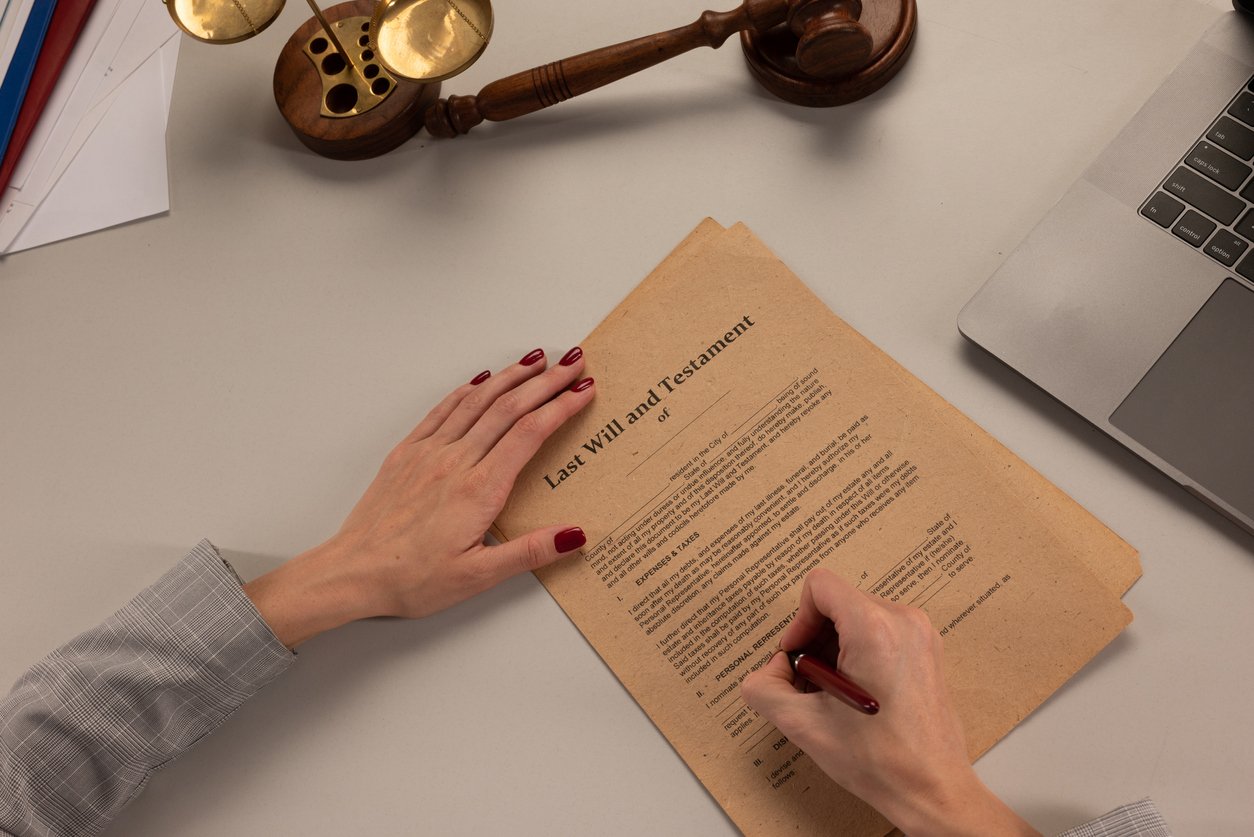Page 27 261 - 270 of 537
How State Income Tax Rates Are Affecting State Populations

Amid economic concerns post-2020 and into 2022, the layout of the U.S. population is shifting. While the national population growth rate for 2021 was only .1%, the number of Americans moving across state lines has risen.
Commodities as Alternative Investments: What You Need to Know

Commodities are less well understood by the average investor, but as inflation rates rise, commodities are something investors may consider as an investment that can help bring diversity to a portfolio. Commodities are tangible goods that can be used as they are or used to make other goods. Some common commodities include livestock, precious metals, cotton, oil, gas, lumber, and uranium.
How Can I Give My Beneficiaries Real Estate They Don't Need to Manage?

Estate planning has many considerations as you decide how to divide your assets and distribute them to your intended heirs. If real estate assets are a significant portion of your estate, you may want to consider your options for passing that legacy on to your beneficiaries. If you are an active property manager, you already know how much time and effort the endeavor requires. You also understand that even hard work can't control market volatility, asset performance, interest rates, or tenant behavior.
What Is a Durable Power of Attorney?

Establishing a durable power of attorney can be an important aspect of estate and lifetime planning, especially for aging seniors without immediate family.
Can a Trust Be a Beneficiary of an IRA?

Listing a beneficiary for your IRA is almost always an advantageous move. It helps ensure that your wishes for the retirement account are carried out upon your passing. Specifically, the retirement account is transferred to the person you’ve listed as a beneficiary. This is far better than having the account go off to probate.
Collectibles as an Alternative Asset: What You Need to Know

Collectibles can take many forms and whether a particular collectible will grow in value is a gamble. Remember the Beanie Baby investors? But collectibles often have a benefit that is unique compared to other investments. When looking to diversify a portfolio, could collectibles be a part of your investment strategy?
How to Get Power of Attorney

Designating a power of attorney (POA) for your accounts serves several purposes. A POA can act on your behalf during a real estate investment transaction or make decisions regarding personal financial assets or medical care if you become incapacitated.
Can an Executor of a Will Be a Beneficiary?

When an individual creates their last will and testament, they designate someone to execute their instructions. That person, referred to as the will’s executor, is tasked with ensuring that the will's provisions are followed. If a will lacks a designated executor, the probate court will name one for the job. The executor must act in the best interests of the estate as a whole, even if that is counter to the wishes of one or more beneficiaries. If the beneficiaries don’t want the instructions in the will carried out, the executor is obligated to follow the instructions of the deceased, not the beneficiary. It’s important to note that an executor cannot change or delete beneficiary designations.
Can You Depreciate Inherited Property?

Investors can take advantage of tax deductions by using depreciation on their investment properties. Depreciation is available for residential and commercial real estate owners who use their properties for business or income-producing means.
Page 27 261 - 270 of 537



